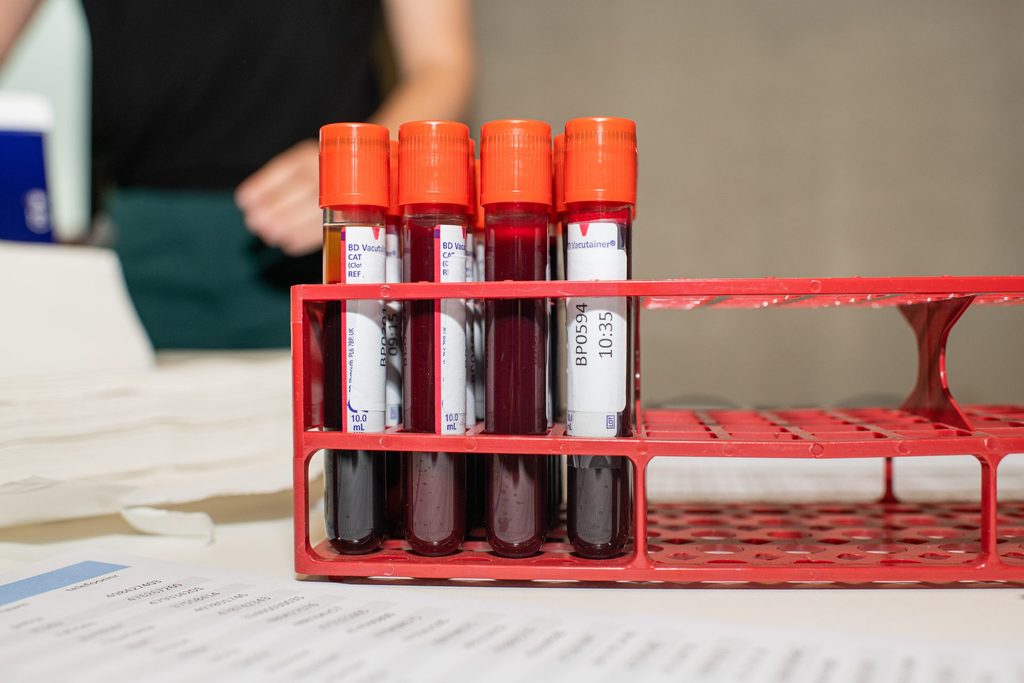The amount of new synthetic drugs and their composition is changing so quickly that Belgian hospitals are finding it increasingly difficult to detect them in the blood and urine of patients.
This is having dangerous outcomes for the treatment of patients. For instance, spiking victims may only be properly diagnosed if they attend a hospital with the most up-to-date laboratories, De Standaard reports
At the end of last year, the European Monitoring Centre for Drugs and Drug Addiction found that 930 new psychoactive substances had entered the market. Many of these chemicals are synthesised versions of existing banned chemicals in a bid to get around the law.
For example, by creating a chemically similar substance to MDMA, importers can circumvent the list of banned substances. However the safety of these drugs is unknown and can lead to deadly consequences. As many of these substances are brand new, it is extremely challenging for hospital laboratories to detect them in patients. In the case of spikings, this means that hospitals have almost no clues as to how to properly treat the patient.
“I fear that we are sometimes months behind the facts because there is simply no information yet about certain new synthetic drugs,” Nele Van den Ede, a clinical biologist at UZ Leuven, told De Standaard. “It’s a challenge to stay up-to-date.”
Desperate catch-up game
Hospitals are working urgently to keep apace with the growing inventory of designer drugs available. But not every hospital has the “very specific equipment available” to conduct extensive research, health institute Sciensano warns. It is not always possible or desirable to conduct intensive and specialised tests for every suspected spiking.
“Various sensitive and highly specialised analysis methods are needed to detect new synthetic drugs,” said Katrien Lanckmans, a clinical toxicologist at UZ Brussels. “We can detect some new synthetic drugs with the classic drug detection tests, others cannot. We have the technology in-house to detect synthetic drugs, but we don’t use it every day because it is so complex.”
The new substances can be difficult to assess, as it is not entirely clear how they interact with the body. UZ Brussels says that it detects very few cases of synthetic drugs in blood and urine, possibly because these drugs are quickly metabolised by the body.
At the University of Ghent, researchers have developed a new technique to assess the effect of synthetic drugs that would otherwise not be detected in the bloodstream. Instead of trying to detect the substance itself, the university lab looks for the substance’s effects, which can be considered to be similar to, for example, cannabis or MDMA. This helps hospitals make an approximate treatment plan in case of illness.
Related News
- Calls for field hospitals at major festivals after 'needle spiking' panic
- Safety vs enforcement: Belgium's approach to drugs at festivals
Hospitals are admitting more and more patients pass as a result of synthetic drug consumption. At AZ Groeninge in Kortrijk, there has been an influx of Flakka (alpha-PVP) cases. Also known as the “zombie drug”, the stimulant has many negative side effects, causing users to become extremely aggressive and manic.
Kathleen Croes, a toxicologist at AZ Groeninge, says that hospitals will eternally be playing catch up against new drugs entering Belgium. “A hospital’s analysis can only be as strong as its database. We will always lag behind on new drugs. We have to encounter it before we know it exists,” she concluded.

